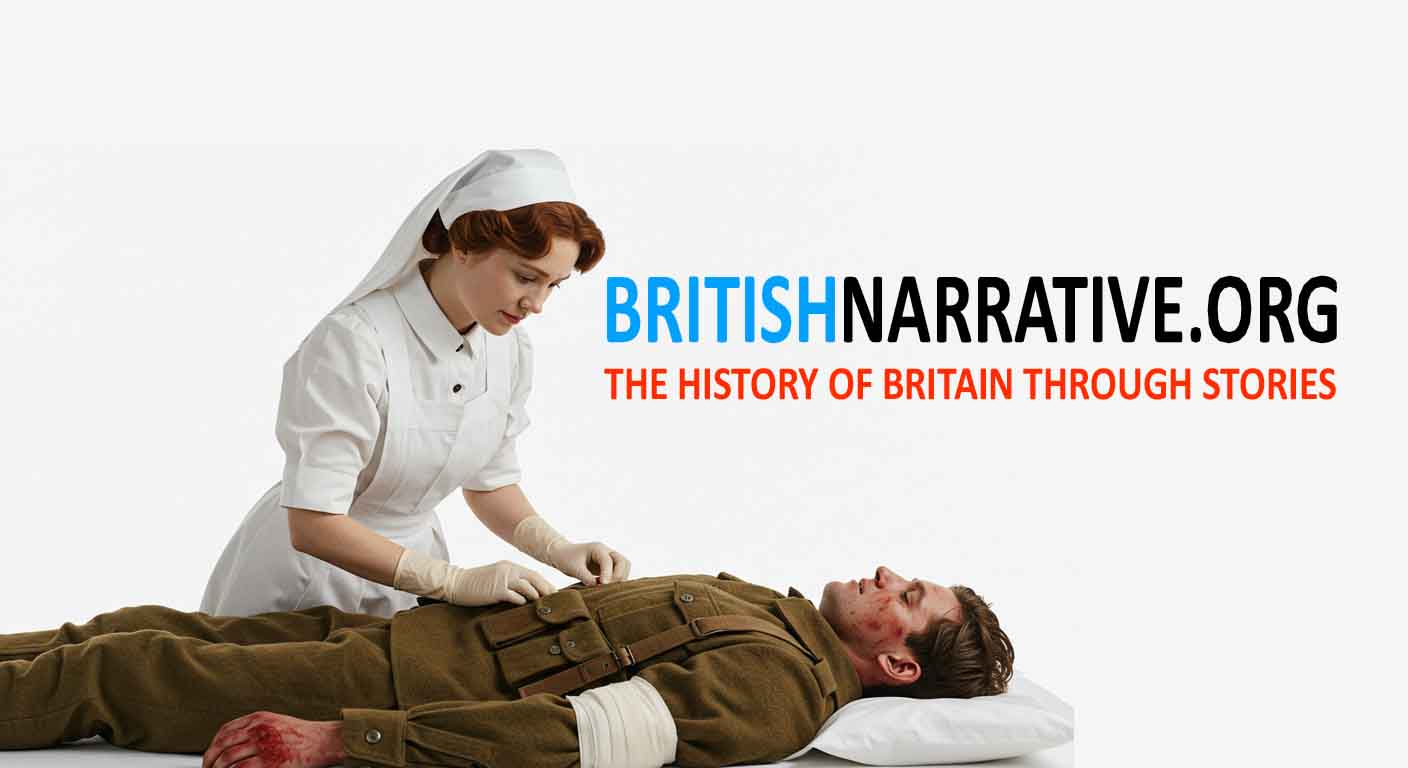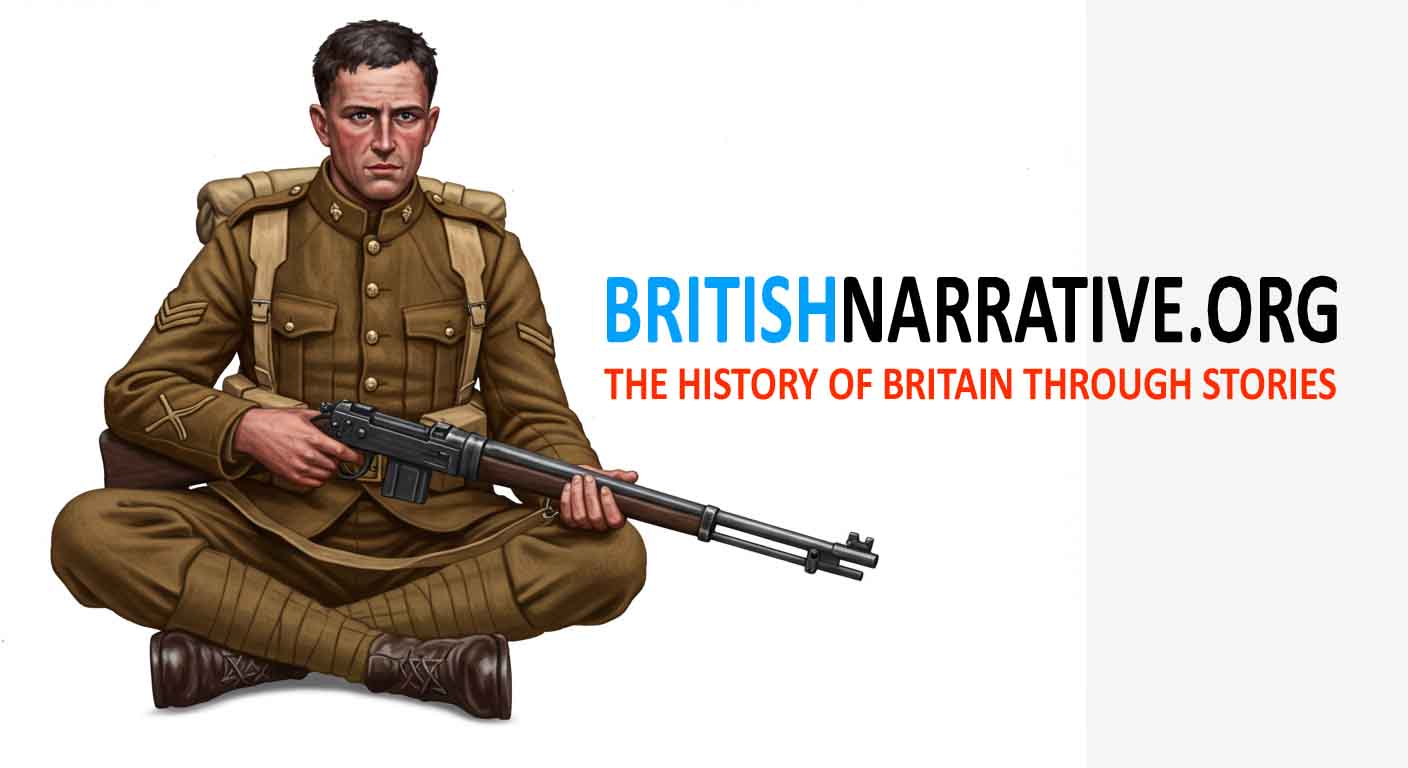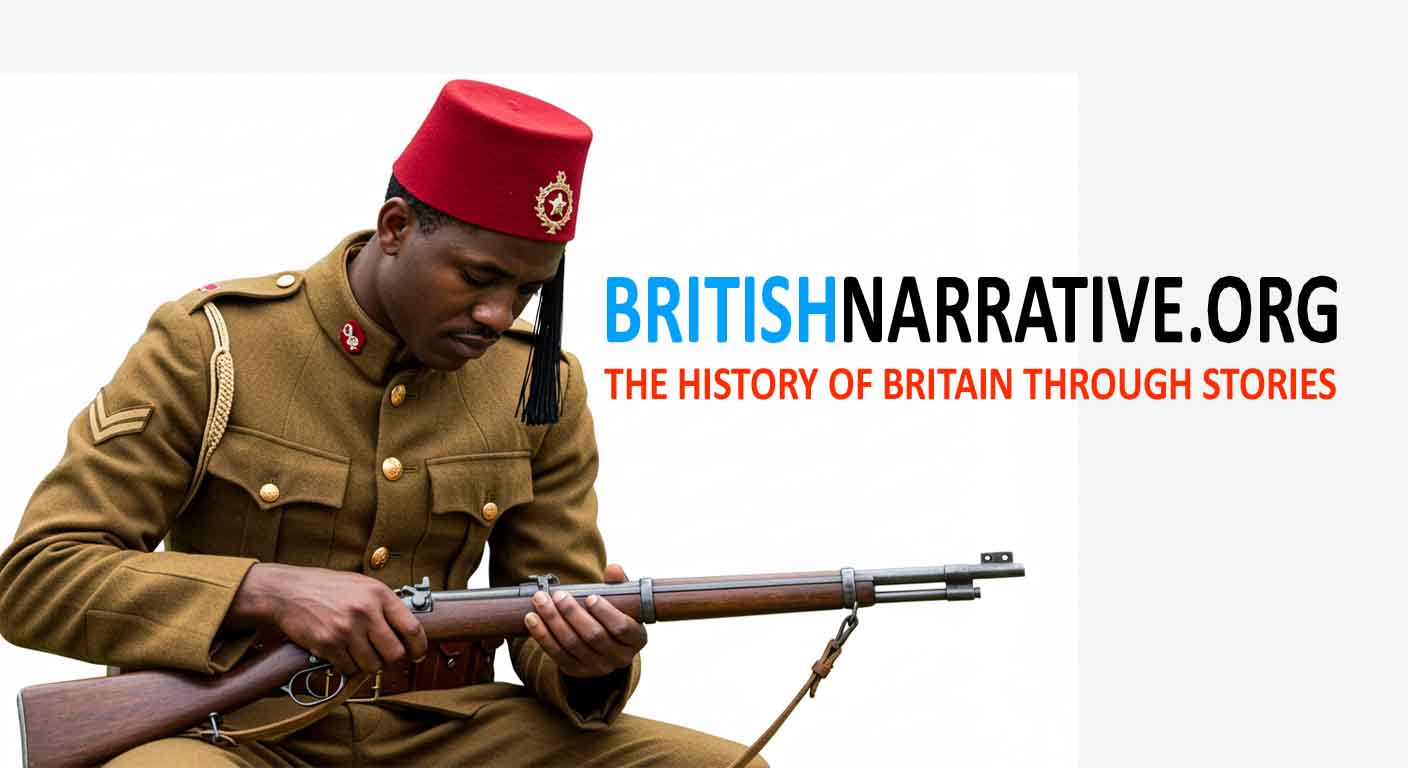Name: Eleanor Vance
Service: Queen Alexandra’s Imperial Military Nursing Service Reserve (QAIMNSR)
Rank: Staff Nurse Enlistment Date: October 1915
Place of Birth: London, England, 1890
Eleanor Vance was a dedicated and compassionate nurse working in a London hospital when the Great War began to claim its first casualties. Feeling an urgent call to serve, she joined the Queen Alexandra’s Imperial Military Nursing Service Reserve in late 1915. After initial training, she was deployed to France, serving in various field hospitals before being assigned to a Casualty Clearing Station (CCS) near the front lines during the build-up to the Battle of the Somme. Intelligent and resolute, Eleanor faced the overwhelming tide of wounded men with unwavering professionalism, her calm demeanor often a beacon of hope amidst the chaos and despair. Her experiences at the Somme would forever mark her, witnessing the raw, brutal cost of modern warfare firsthand.
The rumble had been a constant companion for days, a deep, guttural growl that vibrated through the very ground beneath our feet. It was the sound of the ‘Big Push,’ they called it, the ceaseless hammering of our own artillery, meant to pulverize the German lines. We were told it would be over quickly, that the enemy would be swept away. But here, in the Casualty Clearing Station, just a few miles behind the front, we knew better. The silence, when it came, was far more terrifying than the noise. It meant the barrage had lifted, and the men were going over.
My name is Eleanor Vance, a Staff Nurse with Queen Alexandra’s Imperial Military Nursing Service Reserve. I was twenty-six, and I had left the relative calm of a London hospital less than a year ago, eager to do my part. Nothing, absolutely nothing, could have prepared me for the reality of the Somme.
July 1st, 1916. The morning dawned with a sickly yellow light, filtered through the dust and smoke that hung heavy in the air. The CCS was a hive of activity, a collection of tents and wooden huts hastily erected in a field, surrounded by the constant drone of flies. We had been preparing for days, stocking supplies, sterilizing instruments, setting up beds – or rather, stretchers laid out on the ground. We knew a wave was coming. We just didn’t know how big.
The first few ambulances arrived around 8:00 AM, not long after the whistle would have blown over the parapets. They were not the trickle we had been led to expect. They were a torrent. Lorry after lorry, horse-drawn carts, even men stumbling in on their own, supporting comrades. The faces of the stretcher bearers were grim, their uniforms caked in mud and something else, something dark and wet.
The air immediately filled with a cacophony of groans, shouts, and the low, desperate moans of the wounded. The smell hit you first – a sickening mix of blood, antiseptic, sweat, and something else, something I can only describe as the metallic tang of fear. My stomach churned, but there was no time for weakness.
“Nurse! Over here!” Dr. Thompson’s voice was sharp, cutting through the din. He was already elbow-deep in blood, his face pale beneath his sweat-soaked brow.
I moved quickly to the triage area, where the most severely wounded were being laid out. It was a conveyor belt of human suffering. Young men, barely out of their teens, their faces grey with shock, their eyes wide and pleading. Their uniforms were ripped, caked with mud, and soaked with blood. Limbs were mangled, bones protruded, and gaping wounds pulsed with dark life.
My first patient was a young lad, no older than my youngest brother. His leg was shattered, a grotesque mess of bone and flesh. He was conscious, whimpering, trying to push away the stretcher bearers. “My leg, please! It hurts!”
“Easy, lad, easy,” I murmured, my voice as calm as I could make it. I cut away his trousers, exposing the horror. The sight made my gorge rise, but I pushed it down. There was no room for emotion here, only for action. I cleaned the wound as best I could, applied a tourniquet, and gave him a shot of morphine. His eyes, clouded with pain, slowly glazed over. “He needs to go to theatre, immediately,” I told the orderly, my voice steady despite the tremor in my hands.
The operating theatre was a scene from a nightmare. The surgeons, stripped to their undershirts, worked tirelessly, their faces streaked with blood and sweat. The air was thick with the smell of ether and cauterized flesh. Limbs were amputated with grim efficiency, wrapped, and then carried away. The pile of severed limbs grew steadily in a corner, a macabre testament to the day’s work. The rhythmic thump-thump of the bone saw became a dreadful soundtrack to the day.
I moved from stretcher to stretcher, a constant cycle of assessment, cleaning, bandaging, and administering pain relief. Each face was a story, a life brutally interrupted. Some cried out for their mothers, some for water, some simply stared blankly at the canvas ceiling, their eyes reflecting the horror they had endured. I saw men with faces torn away by shrapnel, men with bellies ripped open, men whose lungs gurgled with gas. The sheer scale of the injuries was overwhelming.
There was a moment, amidst the chaos, when a young soldier, his face covered in grime and blood, reached out and grabbed my hand. His grip was surprisingly strong. “Nurse,” he rasped, his voice barely a whisper, “am I going to die?”
His eyes, blue and clear despite the dirt, held a profound fear. I squeezed his hand, looking him directly in the eye. “Not on my watch, lad,” I said, my voice firm, though my heart ached. I cleaned his wound, a nasty gash across his forehead, and offered him a sip of water. He nodded, a small, grateful gesture, before the orderlies moved him on. I didn’t know if he would make it. So many wouldn’t.
The day stretched on, an endless blur of blood, pain, and exhaustion. The sun began its descent, casting long, distorted shadows across the canvas tents, but the flow of wounded never ceased. The ground outside the CCS became a muddy, bloody quagmire, churned by the wheels of ambulances and the boots of desperate men. The cries of the wounded in the holding areas grew louder as darkness fell, their pain amplified by the night.
We worked through the night, fueled by strong tea and a grim determination. The sounds of distant shelling continued, a constant reminder of the hell that was still raging just beyond our sight. The surgeons snatched moments of rest, collapsing onto empty stretchers, only to be roused minutes later by the arrival of another lorry full of shattered bodies.
By the morning of July 2nd, the CCS was overflowing. Every available space was occupied by a wounded man. Our uniforms were stained, our hands raw, and our eyes burned from lack of sleep and the constant strain. The initial optimism of the ‘Big Push’ had evaporated, replaced by a crushing reality. We had been told of a breakthrough, of a swift victory. But all we saw was the endless stream of broken bodies, testament to a different truth.
The Somme was not a glorious charge. It was a slaughter. And we, the nurses, were at the very heart of it, bearing witness to the unvarnished horror. We patched them up, we comforted them, we held their hands as they died, and then we moved on to the next. There was no time for tears, no time for despair, only the relentless, urgent need to save another life, to ease another moment of agony.
I saw things at the Somme that day that would forever be seared into my memory. The young faces, the vacant stares, the sheer, unimaginable scale of human suffering. It was a baptism of fire, a brutal awakening to the true cost of war. I had joined to serve King and Country, but in that tent, surrounded by the broken bodies of young men, my purpose became simpler, more profound: to alleviate suffering, one soul at a time. The war would rage on for years, but the first day of the Somme, and the horrors I witnessed in that Casualty Clearing Station, would forever be etched into the very fabric of my being.


